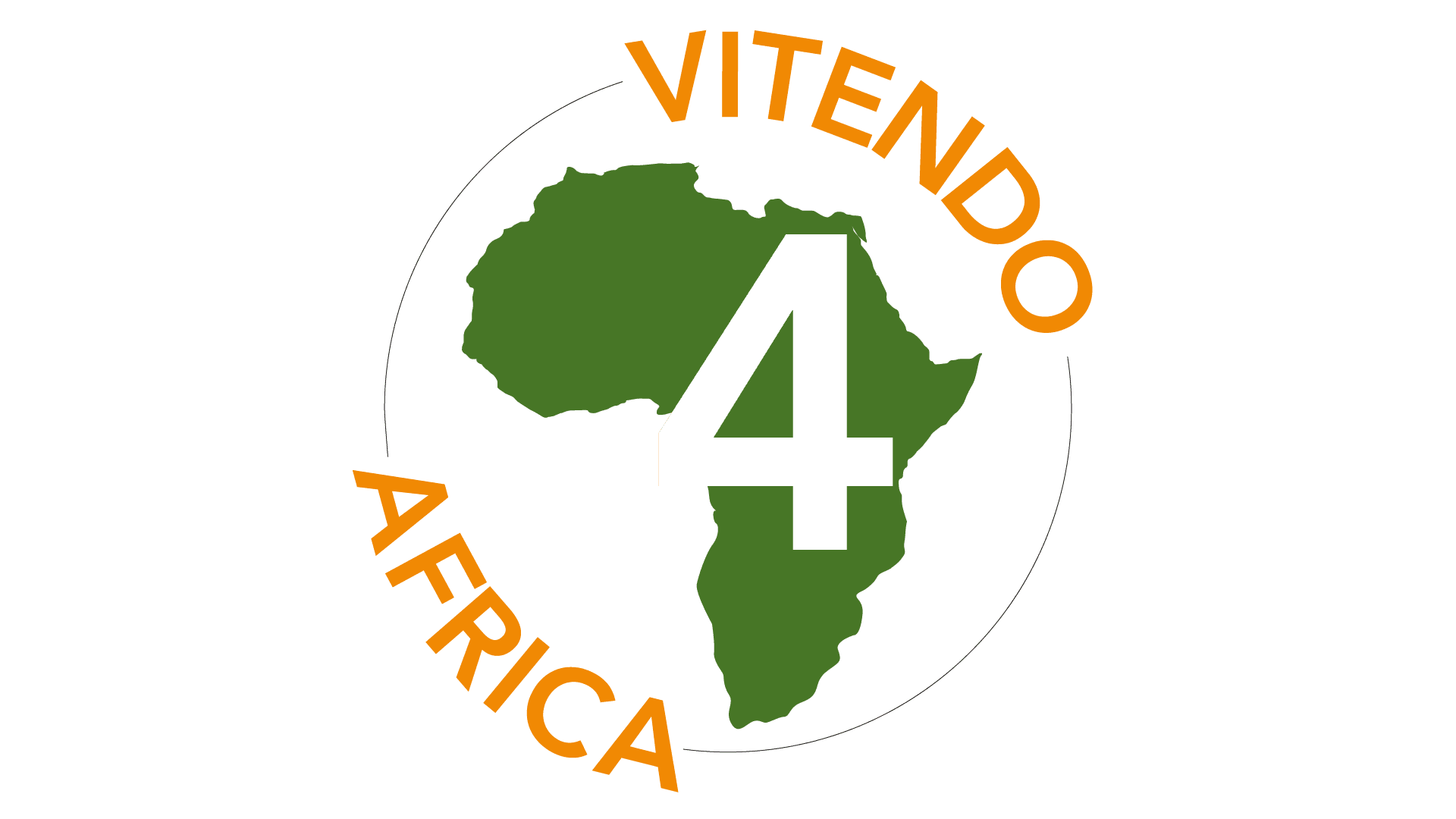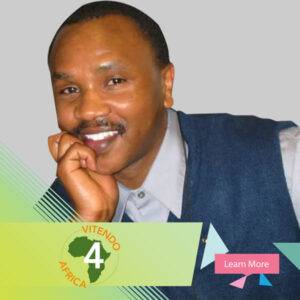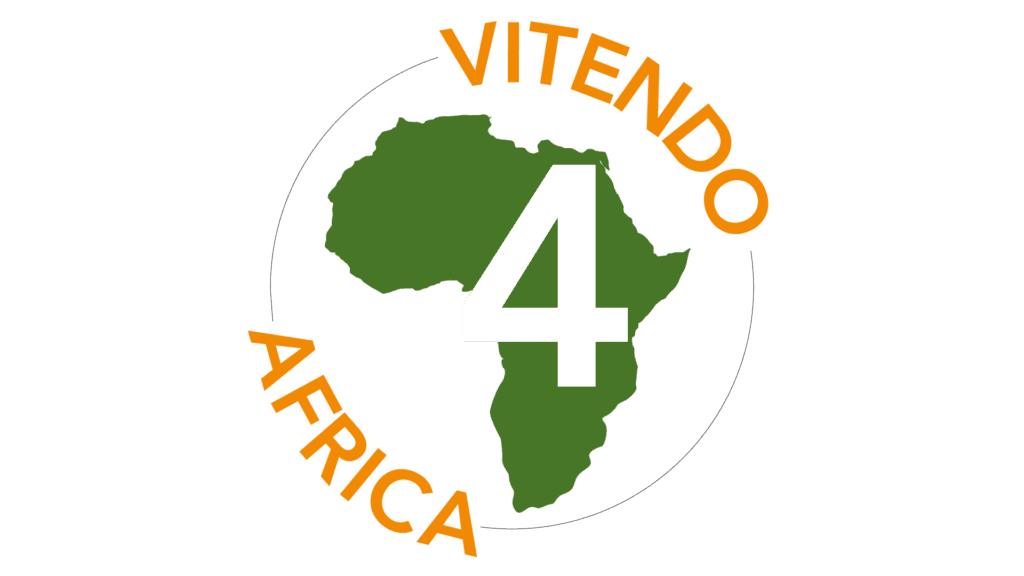On Aug. 3, 2017, a gathering of engaged St. Louis community members and FOCUS alumni attended a discussion on “Religion and the Immigrant Experience” at CIC in the Cortex complex. This was the first in a series of four Civics & Civility Forums that will be hosted by FOCUS St. Louis and sponsored by the Missouri Humanities Council over the next year.
Providing insights on the overlap of religion and the immigrant experience on were the following panelists:
- Dr. Anna Crosslin, long-time head of the International Institute whose leadership has helped establish so many of our foreign born St. Louisians in their new lives;
- Imam Djilali Kacem of the Dar-Al Jalal Islamic Center, much of whose congregation are finding their feet in their new home of St. Louis as Muslims;
- Dr. Ben Moore of Fontbonne University, whose work with the Bosnian Memory Project delved into the decades long process of assimilation; and
- Geoffrey Soyiantet, whose organization Vitendo4Africa is a home-away-from home for African immigrants in the Hazelwood area and beyond.
The conversation made clear what a crucial role a community of faith can play in making the immigrant or refugee experience successful, or more difficult. As Dr. Crosslin pointed out “a refugee’s first 10 years in a new community are really just about survival.” Imam Kacem added that survival for immigrants may mean becoming a “jack-of-all-trades” and driving cab, or tending the counter, while they do the hard work of opening doors to re-establish themselves in their chosen field, as doctors, veterinarians, programmers etc. Furthermore, communities of faith can often be instrumental in networking immigrants and refugees to find that first temporary job, and their eventual career. Dr. Moore described how a community of faith can define immigrants’ and refugees’ new lives “over here” as opposed to their old lives “over there.” Geoffrey Soyiantet added stories of his success in reaching immigrants and connecting them to services by contacting them through their communities of faith.
A crucial actionable point made during the evening was that religious leaders of all denominations and faiths need to be educated about the resources available to their foreign-born congregants. The International Institute has just launched an Immigrant Services Ecosystem map to aid in educating the public at large about those resource, which can be found here.
Perhaps the most heartening point made during the discussion was that, regardless of denomination, communities of faith who have themselves been oppressed during their history seem motivated to help other communities of faith who are currently experiencing that difficult reality. The Jewish community has, for instance, has played a role welcoming Muslim immigrants to the region, and various parts of the Catholic community have always been active in immigrant and refugee services. St. Louis’s communities of faith are so vast and varied that their support for foreign-born St. Louisians cannot be overstated, nor exhaustively listed. Such a beneficial relationship between St. Louis’s religious communities and our foreign-born communities is a shining example of civic responsibility and moral leadership.
The most aspirational, and perhaps the most difficult, goal coming out of the discussion was proposed by Dr. Crosslin. In a critique of prevailing political discourse Dr. Crosslin challenged the audience to avoid the rhetorical field of fire that dominates our public arena, especially with respect to immigrants and refugees, and seek to de-escalate discussions toward points of common interest. She pointed out that those who engage in anti-foreign rhetoric are often motivated not by hate, but by a deep longing and fear of loss of a version of America they understood as their own. We all seek to understand our own nation as something we can relate to, and this requires a different America for each of us. Let us be open to that possibility.
Source: https://www.focus-stl.org/2017/08/09/civics-civility-religion-and-the-immigrant-experience/



